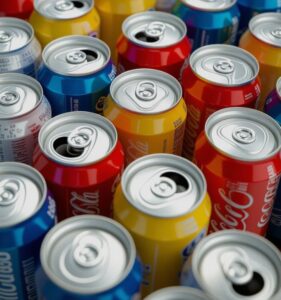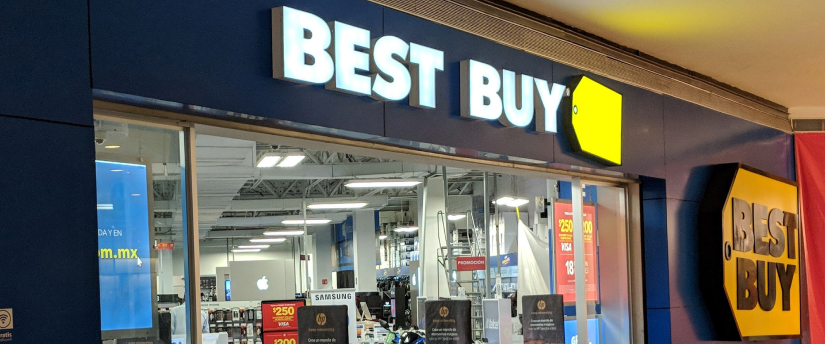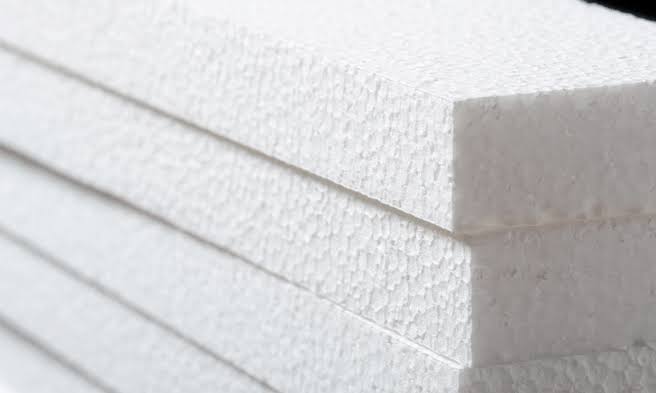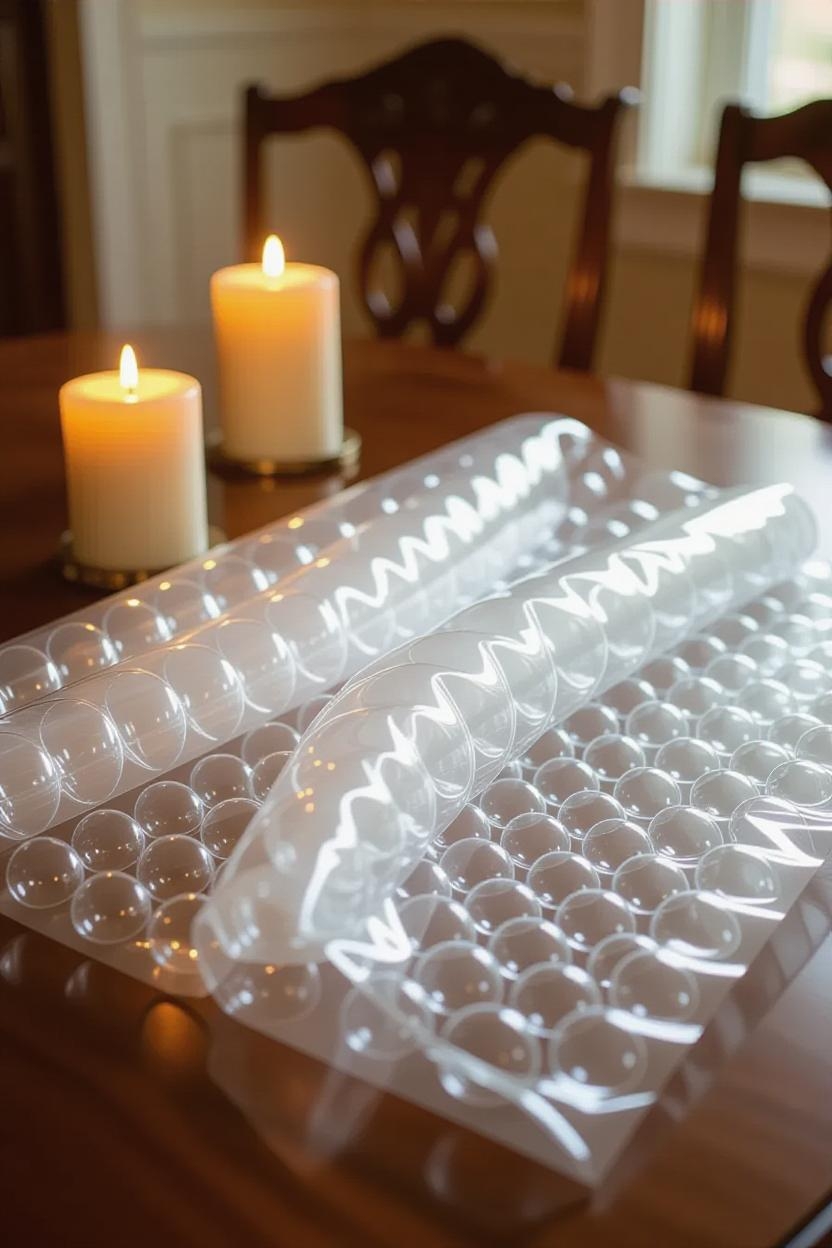Do Drink Cans Go In Recycling Or Trash?
Do Drink Cans Go in Recycling or Trash?
When it comes to disposing of drink cans—whether aluminum soda cans or steel beer cans—they almost always belong in the recycling bin, not the trash.
Aluminum is 100% recyclable and can be reused indefinitely without losing quality. Recycling drink cans helps conserve natural resources, save energy, and reduce landfill waste.

However, it’s important to make sure the cans are empty and preferably rinsed before recycling to avoid contamination.
Why Recycling Drink Cans Matters?
Recycling aluminum drink cans matters because it conserves resources, saves energy, and reduces environmental impact. Here’s why:
- Resource Conservation: Aluminum is made from bauxite, a non-renewable ore. Recycling cans reduces the need for mining, preserving natural resources. One ton of recycled aluminum saves about 14,000 kWh of energy and 10 cubic yards of landfill space.
- Energy Savings: Recycling aluminum uses 95% less energy than producing new aluminum from raw materials. This cuts down on greenhouse gas emissions, helping combat climate change.
- Waste Reduction: Cans in landfills take up space and can take hundreds of years to decompose. Recycling keeps them out of landfills and supports a circular economy where materials are reused.
- Economic Benefits: Recycling creates jobs in collection, processing, and manufacturing. It also reduces costs for producing new cans, as recycled aluminum is cheaper to process.
- High Recyclability: Aluminum can be recycled indefinitely without losing quality, making it one of the most sustainable materials. About 75% of all aluminum ever produced is still in use today.
By recycling cans, you contribute to environmental sustainability, reduce pollution, and support efficient resource use. Tossing them in the trash wastes these benefits and adds to landfill strain.
Must Read:
What Are Drink Cans Made Of?
Drink cans are primarily made of aluminum, though some older or specialty cans may be made of steel (often with a tin coating, hence “tin cans”). Modern beverage cans typically consist of:
- Body: Made from a single piece of aluminum, formed into a cylinder with a seamless bottom.
- Top (lid): Also aluminum, with a pull-tab or stay-on-tab opening mechanism.
- Coating: A thin layer of plastic or epoxy lines the inside to prevent the drink from reacting with the metal.
Aluminum is lightweight, durable, and highly recyclable, making it the standard choice for most soda, beer, and energy drink cans. Some cans, like those for certain juices or specialty drinks, may still use steel, but this is less common.
How To Properly Recycle Drink Cans?
To properly recycle aluminum drink cans, follow these steps:
- Check Local Recycling Guidelines: Confirm that your local recycling program accepts aluminum cans, as rules vary by location. Most curbside programs do, but some areas may require drop-off at specific centers.
- Empty the Can: Ensure the can is completely empty of any liquid. A quick pour or shake is usually enough.
- Rinse the Can: Clean out any residue (soda, beer, etc.) with water to prevent contamination of other recyclables. Sticky or dirty cans can ruin batches of recycling.
- Remove Non-Aluminum Parts (if needed): If the can has a plastic lid or straw, remove these if your local program requires it. Most programs accept cans with tabs intact, so you typically don’t need to remove the pull-tab.
- Don’t Crush (Unless Instructed): Many recycling facilities prefer cans uncrushed to aid sorting machines, but some programs allow or encourage crushing to save space. Check your local rules.
- Place in Recycling Bin: Put the cans in your designated recycling bin or bag, separate from trash. If your area uses single-stream recycling, combine with other recyclables like paper or plastic as allowed.
- Consider Drop-Off or Redemption Programs: In areas with bottle deposit laws (e.g., some U.S. states), you can return cans to redemption centers for a refund. Check for nearby locations.
Frequently Asked Questions?

1. Can drink cans go in the recycling bin?
- Yes. Aluminum and steel drink cans are widely accepted in curbside recycling programs. They’re 100% recyclable and can be reused indefinitely.
2. Do I need to rinse out drink cans before recycling?
- Yes, it’s a good idea. Rinsing removes leftover liquid, which helps prevent contamination of other recyclables and reduces odor or pests.
3. Should I crush cans before recycling them?
- Check your local recycling rules. In some areas, crushed cans may not be recognized by sorting machines and could be misrouted. If unsure, leave them uncrushed.
4. Can I recycle cans with the tab still on?
- Yes, you can. The tab is made from the same material as the can and can be recycled together.
5. What happens if I throw a can in the trash?
- It will likely end up in a landfill, where it can take hundreds of years to break down. Recycling it instead saves energy and valuable materials.
6. Are flavored water or alcohol cans recyclable?
- Yes. As long as they are aluminum or steel, drink cans—whether they held soda, water, or beer—are recyclable. Just empty and rinse them first.
7. Can I recycle cans with labels or plastic wrappers on them?
- Yes. Labels and wrappers are usually removed during the recycling process. However, if it’s easy to peel them off, go ahead—it helps.
8. What about energy drink cans or slim cans?
- Those are also recyclable. The size or shape doesn’t matter, as long as the can is made of recyclable metal.
9. Are paint or aerosol cans recyclable too?
- These are a different case. Paint and aerosol cans may contain hazardous materials and usually require special disposal. Check local hazardous waste guidelines.
10. How can I find out my local recycling rules?
- Visit your city or county’s official waste management website. Rules vary by location, so it’s best to get guidance directly from your local program.


